1. Conducting Market Research For Beverage Production
2. Understanding Regulatory Requirements For Beverage Facility
3. Selecting the Beverage Factory Location
4. Beverage Factory Design and Layout Planning
5. Selecting the Right Equipment For a Beverage Drink Bottling Line
6. Installation and Testing For Turnkey Beverage Production Line
7.Staff Training
8. Marketing and Branding
9. Challenges and Solutions
10. Cost Analysis of Building a Complete Beverage Bottling Plant
11.Why Pestopack?
Building a Non Carbonated or Carbonated Beverage Production Line in Saudi Arabia offers businesses a lucrative opportunity to tap into the growing demand for soft drinks, energy drinks, and functional beverages in the Middle East. The process involves multiple stages, from market research and regulatory compliance to site selection and factory design, as well as Beverage Processing Equipment installation, training, and marketing.
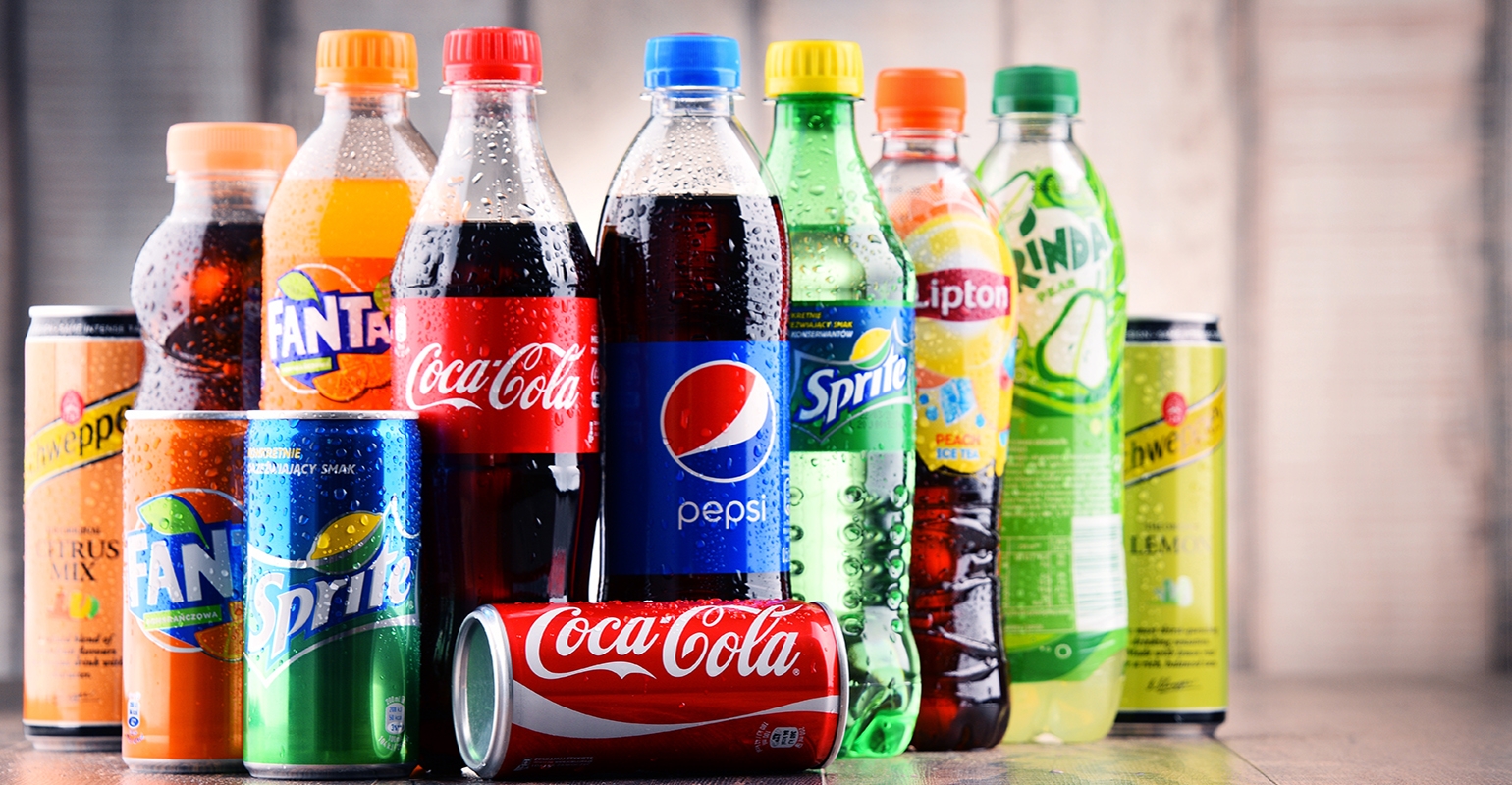
1. Conducting Market Research For Beverage Production
Before embarking on any manufacturing project, thorough market research is essential. The beverage industry in Saudi Arabia has seen significant growth, driven by urbanization, a young population, and health-conscious trends. The market includes soft drinks, juices, energy drinks, and flavored waters, with rising demand for low-sugar and functional beverages.
1.1 Surging Demand
Saudi Arabia’s beverage market is valued at $4.8 billion in 2024, with rising demand for Energy Drink Production Lines and low-sugar options. Key trends include:
Health-Conscious Consumers: 58% prefer beverages with organic ingredients.
E-Commerce Growth: Online sales surged by 22% in 2023, requiring flexible Beverage Production Machines for direct-to-consumer shipping.
1.2 Key Research Areas
Consumer Preferences: Demand for sugar-free, organic, and functional ingredients.
Competitor Analysis: Evaluate beverage production line suppliers and pricing strategies.
Growth Trends: Focus on energy drink production lines and sustainable packaging.
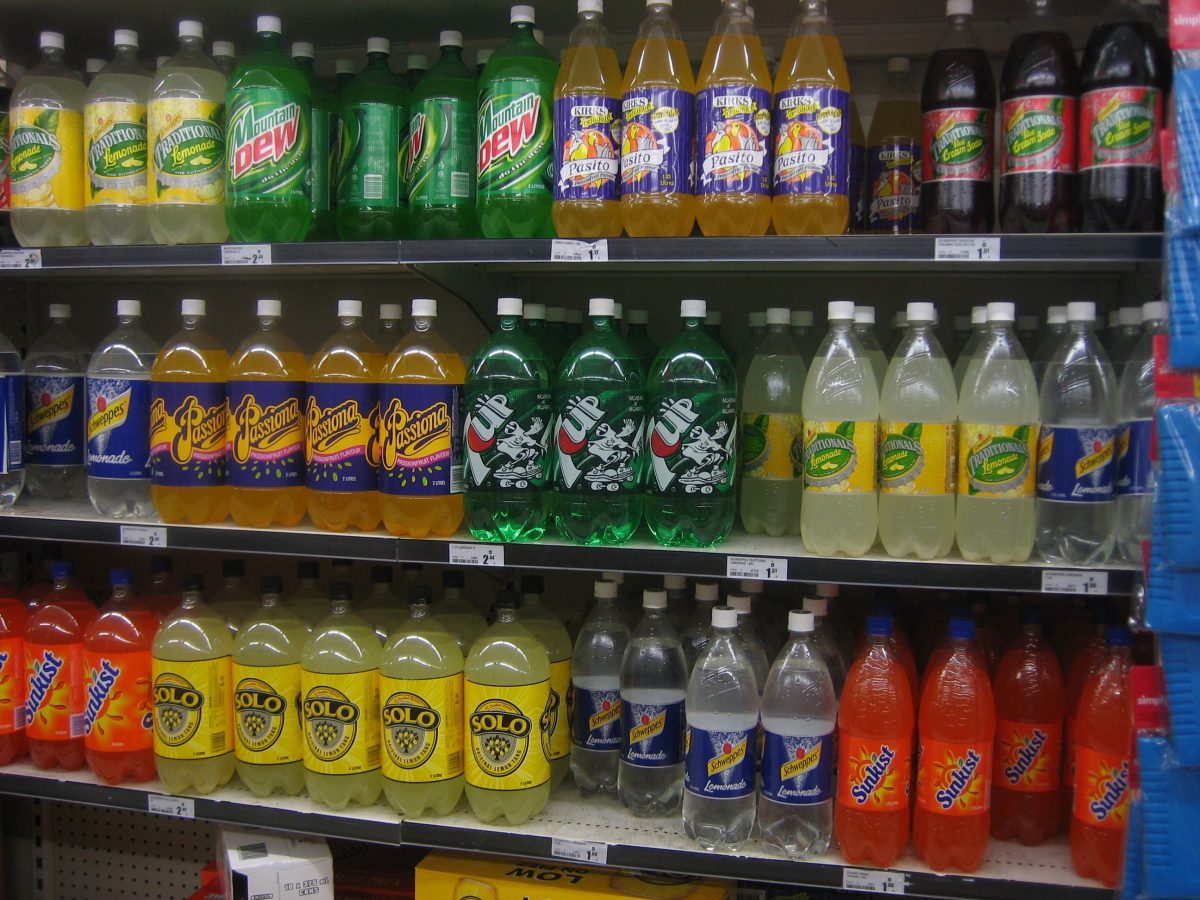
2. Understanding Regulatory Requirements For Beverage Facility
Saudi Arabia has specific regulations for establishing manufacturing operations, especially in the food and beverage industry. Obtaining the necessary licenses and permits is a crucial step in the process.
Ministry of Investment (MISA) License: Foreign investors need this license to operate in Saudi Arabia, it requires 6-8 weeks.
Saudi Food and Drug Authority (SFDA) Certification: This ensures that the beverages comply with food safety standards. It requires 6-8 months for documentation and facility inspections.
Halal Certification: Beverage formulas must avoid alcohol-based flavorings and use SFDA-approved additives.
Sugar Tax: 30% levy on drinks with >6g sugar per 100ml, pushing demand for low-calorie production lines.
Ensure compliance with turnkey carbonated beverage filling machine solution pre-certified for SFDA and Halal standards.

3. Selecting the Beverage Factory Location
Choosing the right location for your beverage production facility can significantly impact operational efficiency and profitability. Factors to consider include:
Proximity to Raw Materials: Ensure easy access to water, sugar, flavoring agents, and beverage processing equipment.
Logistics and Distribution: The factory should be near major transportation hubs to ensure timely distribution.
Access to Skilled Labor: Consider locations with a ready supply of skilled workers or opportunities for training.
Cost of Land and Utilities: Assess the overall cost of land, electricity, and water, which are essential to your operations.
Optimal locations for beverage bottling machine and beverage can filling machine system:
| Location | Pros Avg. Land | Cost ($/m²/yr) |
| Riyadh | Central logistics hub | 15 |
| Jeddah | Port access for exports | 12 |
| Dammam | Lower labor costs | 8 |
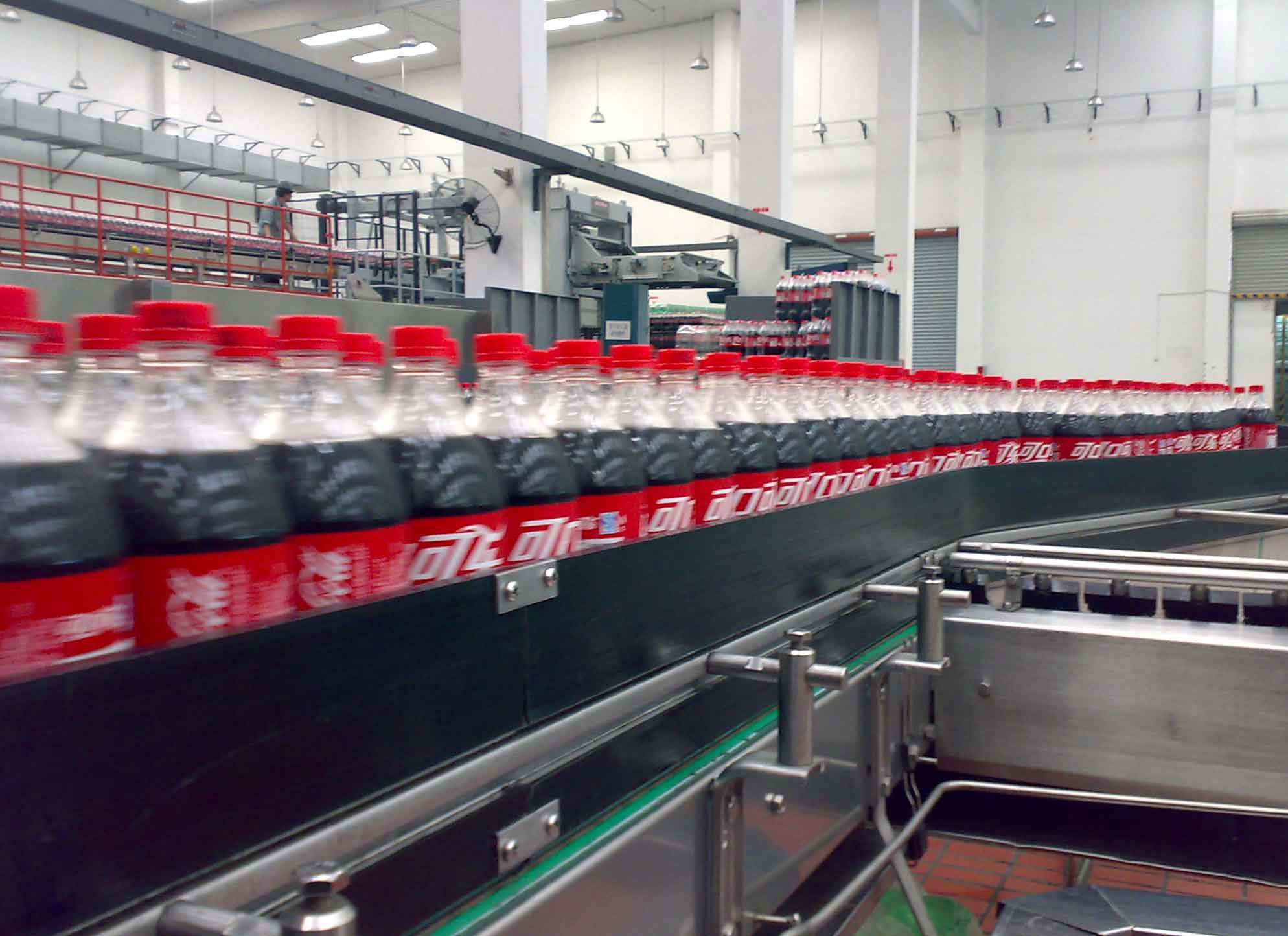
4. Beverage Factory Design and Layout Planning
The beverage factory layout should be designed to optimize the flow of materials and products while ensuring a safe and efficient working environment. The design should include:
Beverage Production Lines: Separate areas for beverage processing, bottling and packaging.
Quality Control: Designate areas for quality testing and product sampling.
Storage: Ensure there is adequate space for raw materials, finished goods, and storage tanks.
Additionally, the beverage bottling line layout should account for worker safety, efficient workflows, and minimal cross-contamination between production stages.
5,000 sqm beverage bottling plant example:
Beverage Blending Mixing Area: 800 sqm for syrup mixing tanks.
Beverage Production Zone: 2,200 sqm housing a beverage bottling line with 20,000 BPH capacity. Install a Turnkey Beverage Solution with integrated Beverage Filling Machines and Canning Systems.
Warehouse: 1,500 sqm for storage.
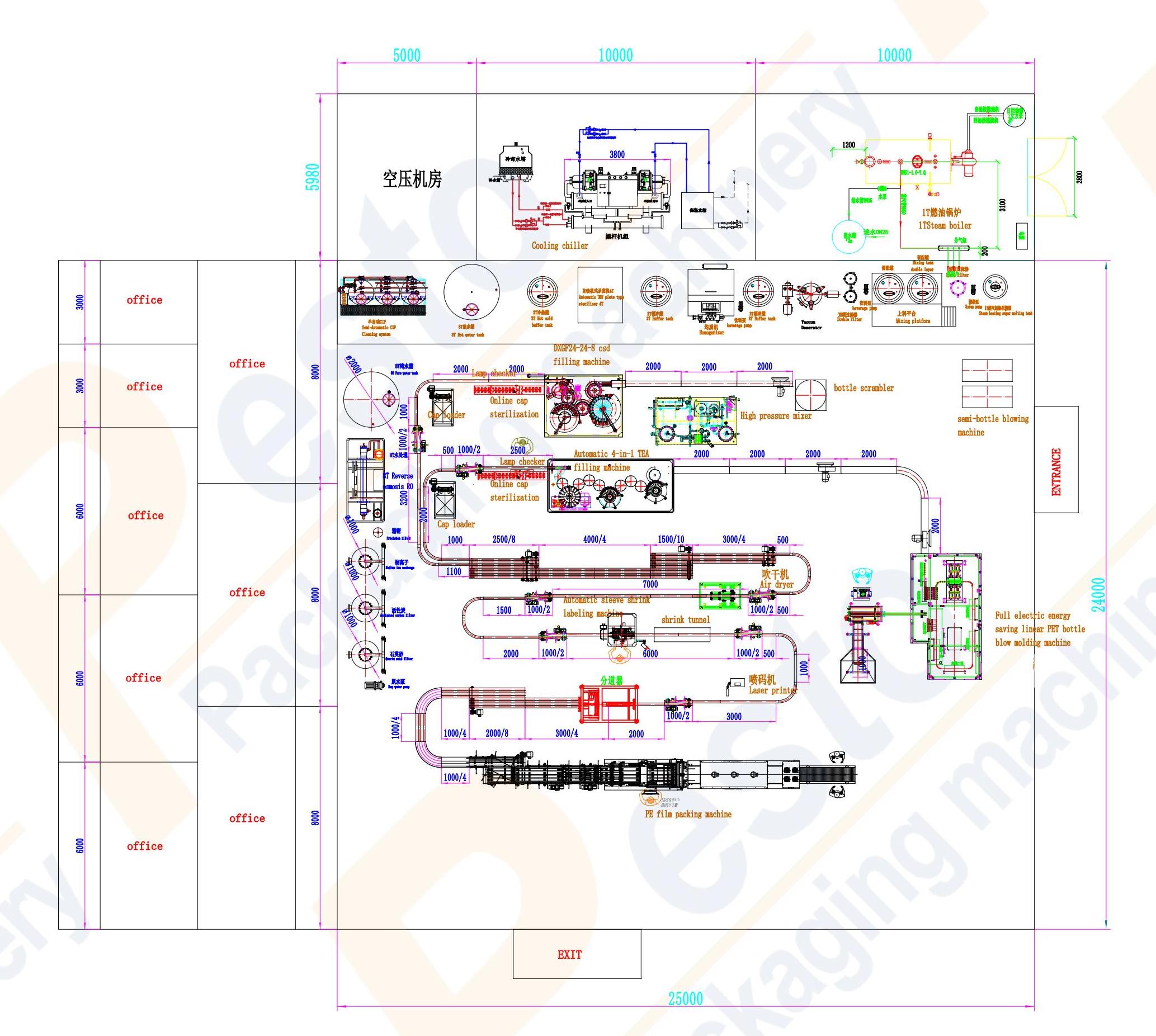
Layout only for reference, will customized according to customer's workshop size
5. Selecting the Right Equipment For a Beverage Drink Bottling Line
The success of a beverage production line depends heavily on selecting the right equipment. From water treatment systems to packaging machines, each component must work seamlessly to ensure the highest quality, efficiency, and safety. Below is an expanded description of the key equipment in a turnkey beverage production line.
Water Treatment Systems
Water is the primary ingredient in any beverage production, and its quality is critical for the final product. A multi-step water treatment system is required to purify raw water before it is used in production. The typical sequence in a water treatment process for carbonated beverages includes:
Raw Water Pump: The initial step involves a pump that transports raw water from the source to the water treatment system.
Quartz Sand Filter: This filter removes larger particles such as sand, silt, and debris from the water, providing an initial level of filtration.
Activated Carbon Filter: Activated carbon is used to remove chlorine, organic compounds, and any bad odors that could affect the taste of the final beverage.
Sodium Ion Exchange: This step softens the water by removing calcium and magnesium ions, which can cause scaling and affect the taste and clarity of the beverage.
Precision Filter: The precision filter ensures the water is free of any fine particles that may have passed through earlier stages.
Reverse Osmosis (RO): Reverse Osmosis is a high-tech process that removes up to 98% of total dissolved solids (TDS) from the water, ensuring pure, high-quality water is used in the beverage.
Dosing Device: The dosing system is used to add the right proportion of minerals back into the water, maintaining the desired taste and balance.
UV Sterilization: After the reverse osmosis process, UV sterilization ensures that any remaining bacteria or microorganisms are eliminated, guaranteeing the water’s safety.
Ozone Generator: The ozone generator is used for additional disinfection, ensuring that any remaining pathogens or contaminants are removed.
Pure Water Tank: Finally, the treated water is stored in a pure water tank, ready for the next stages of production.
Beverage Sugar Melting Tank: Sugar is dissolved in water in a specialized tank to create the beverage syrup. This syrup is then used in the carbonation process.
Beverage Syrup Pump: The syrup pump transports the sweetened liquid to the mixing tank, where it will be combined with carbonated water.
Beverage Syrup Filter: A syrup filter ensures that any impurities in the syrup are removed before the mixture is carbonated.
Beverage Mixing Tank: The mixing tank combines the syrup with the treated water to create the base beverage. This is the point where flavor and sweetness are carefully controlled.
Beverage Double Filter: A double filter ensures that the mixture is free from any remaining solid particles before it enters the carbonation chamber.
Beverage Cooling Chiller: The cooling chiller brings the temperature of the beverage down to the optimal level for carbonation, which is critical for achieving the correct fizziness.
Beverage Homogenizer: A beverage homogenizer ensures that ingredients like flavorings, colors, and stabilizers are evenly distributed throughout the beverage mixture, providing consistency in taste and appearance.
Carbonated Beverage Mixer Machine: The CO2 mixer introduces the right amount of carbon dioxide into the beverage under pressure, ensuring the correct level of carbonation.
Beverage CIP System (Clean-in-Place): The CIP system ensures the carbonator and all related equipment are cleaned and sanitized automatically between production batches, maintaining product quality and preventing contamination.
Beverage Filling Machines
Choose beverage canning machines or beverage bottling machines based on packaging needs.The beverage filling machine is an automated 3-in-1 system that performs three essential functions: rinsing, filling, and capping. The system is designed to handle non-carbonated or carbonated beverages, ensuring the right volume is dispensed and the container is sealed to retain carbonation.
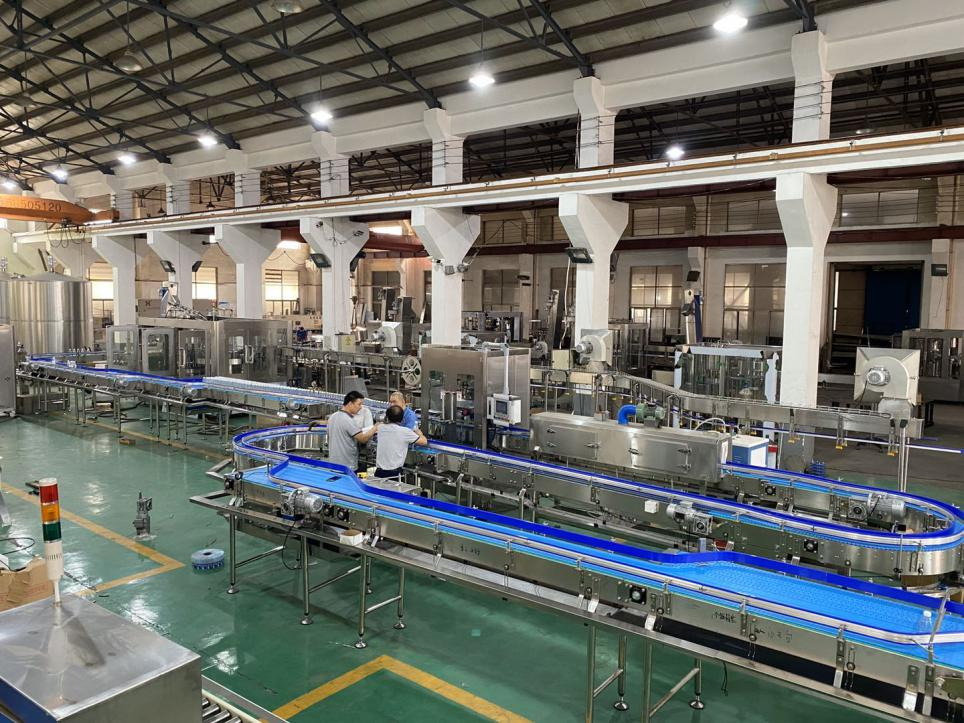
Beverage Spray Warming Machine
A spray warming machine is used in some production lines to control the temperature of bottles or cans before filling. This process is essential to prevent carbonation loss and minimize foaming during filling. The machine evenly heats the containers to the required temperature, ensuring they are suitable for the filling process. This helps to optimize the filling speed and maintain product consistency.
OPP (Oriented Polypropylene) Labeling: This process involves applying a clear plastic film label that is typically used for branding and product details.
Shrink Sleeve Labeling: Shrink sleeves are used for a full-body label that wraps tightly around the bottle or can, offering 360-degree branding.
Sticker Labeling: Sticker labels are used for smaller runs or specific branding needs, with precise application for a clean finish.
Beverage Laser Printer
Laser printers are used for printing important variable data such as batch numbers, production dates, expiration dates, and barcodes on bottles or cans. These printers are typically used in conjunction with labeling machines to ensure that all products are traceable and meet labeling regulations.
Once the beverage is filled, capped, and labeled, it needs to be packaged for transport and retail. Packaging machines are responsible for grouping and protecting the bottles or cans before they leave the production facility.
Carton Packaging Machines: These machines are used to automatically form, fill, and seal cartons that contain multiple bottles or cans. This packaging method ensures that your products are securely packed for transport and distribution.
Shrink-Wrapping Machines: For products that require individual packaging or special bundles, shrink-wrapping machines apply plastic film around the bottles or cans, which is then heated to shrink tightly around the product.
6. Installation and Testing For Turnkey Beverage Production Line
Once your beverage production equipment is selected, the next step is installation. Pestopack provides professional installation services to ensure that all systems are correctly set up and fully operational. Testing and calibration are critical to ensure that:
Beverage Bottling Equipment Efficiency: All beverage production machines operate at optimal speed and performance.
Product Quality: Carbonation levels, flavor, and packaging are consistent with your specifications.
Safety Standards: Beverage Bottling Machines are installed with safety features to protect operators.
7.Staff Training
Efficient operation of the beverage production line relies on skilled personnel. Pestopack provides comprehensive training for your team, covering:
Beverage Production Machine Operation: Training on how to operate and troubleshoot the beverage production line equipment.
Quality Control: Ensuring staff can monitor and test the quality of the beverages produced.
Safety Protocols: Teaching safety measures and emergency procedures to prevent accidents.
8. Marketing and Branding
Once the beverage production line is operational, the next step is marketing your product. In Saudi Arabia, branding and positioning are key to capturing consumer attention. Consider:
Brand Identity: Develop a strong brand with a unique selling proposition (USP).
Social Media and Digital Marketing: Utilize online platforms to reach younger, tech-savvy consumers.
Retail Partnerships: Collaborate with major supermarkets, convenience stores, and cafes to distribute your products.
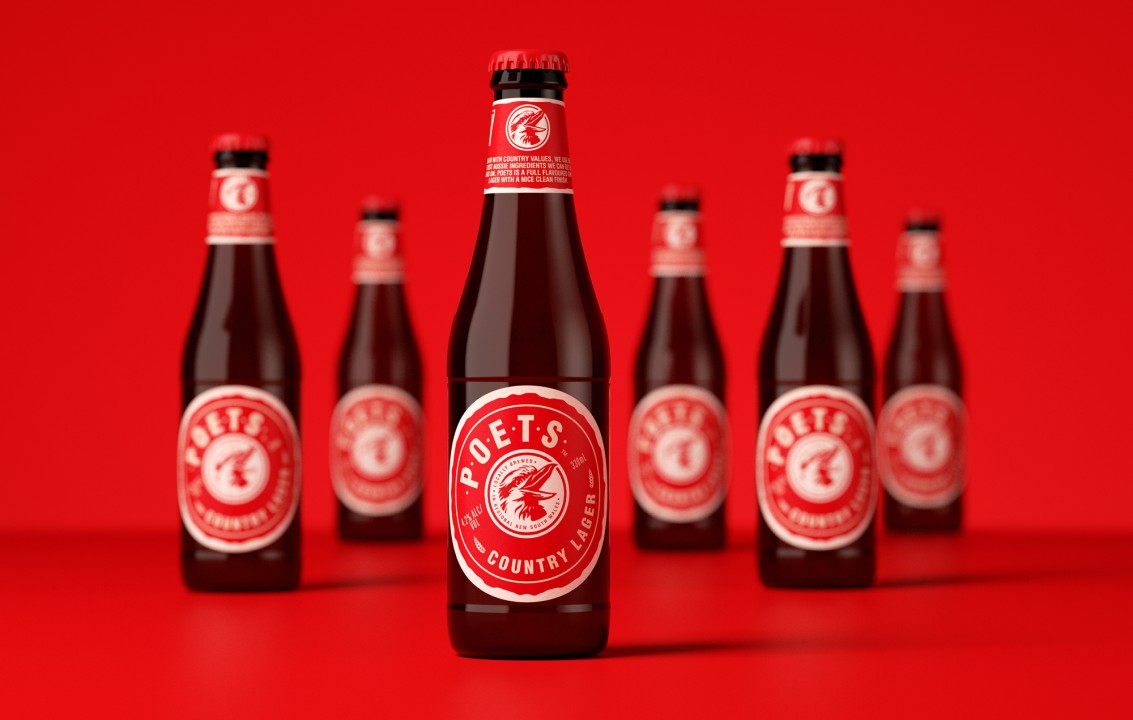
9. Challenges and Solutions
While setting up a non-carbonated or carbonated beverage production line in Saudi Arabia presents many opportunities, there are also challenges to overcome:
Regulatory Complexity: Navigating local laws can be overwhelming. Working with local experts or consultants can help you ensure compliance.
Supply Chain Disruptions: Sourcing raw materials in a timely manner can be challenging. Establish strong relationships with suppliers to mitigate risks.
High Initial Costs: The initial investment can be significant. It’s essential to perform a detailed cost analysis and develop a solid business plan to secure funding.
10. Cost Analysis of Building a Complete Beverage Bottling Plant
Building a beverage production line is a significant investment, and the overall cost will vary depending on several factors, such as the scale of production, location, factory design, equipment choices, and labor requirements. It is important to conduct a thorough cost analysis to ensure that the investment aligns with your business goals and financial capacity. Below is an expanded breakdown of the key cost factors involved:
10.1 Land and Facility Construction Costs
The cost of land and facility construction is one of the largest initial investments when building a production line. The price of land varies widely depending on the location within Saudi Arabia, with cities like Riyadh, Jeddah, and Dammam typically having higher land prices due to their proximity to key distribution points and infrastructure.
Estimated Total Land and Facility Costs: SAR 5 million to SAR 12 million, depending on location and facility size.
10.2 Equipment Costs
The equipment costs are central to the establishment of a beverage production line. High-quality machines are essential for ensuring smooth operation, reducing downtime, and maintaining the quality of the product.
Estimated Total Equipment Costs: SAR 4 million to SAR 12 million depending on the size and complexity of the production line.
10.3 Labor and Training Costs
The successful operation of a carbonated beverage production line relies heavily on skilled labor and well-trained employees. In Saudi Arabia, the labor market offers both local and expatriate workers, with varying wage rates.
Estimated Total Labor and Training Costs: SAR 500,000 to SAR 2 million, depending on the number of employees and training duration.
10.4 Other Associated Costs
Beyond the major categories above, there are additional costs to factor in when building a carbonated beverage production line:
Utilities (Water, Electricity, Gas): Operating a beverage plant requires significant amounts of water and electricity. Depending on the location and scale of the plant, utility costs can range from SAR 100,000 to SAR 500,000 annually.
Raw Materials (Ingredients, Bottles, Caps, Labels): The costs of raw materials depend on the volume of production. For example, for a medium-scale plant, raw material costs could range from SAR 1 million to SAR 5 million per year.
Maintenance and Spare Parts: Keeping the machinery in optimal condition requires regular maintenance and the availability of spare parts. These costs can vary based on the type of equipment but generally range from SAR 200,000 to SAR 1 million annually.
10.5 Operational Costs
Marketing and Distribution: To ensure the success of the production line, a significant portion of the budget should be allocated to marketing and distribution. Costs for digital marketing, branding, packaging design, and partnerships with distributors can range from SAR 200,000 to SAR 1 million annually.
Total Estimated Investment: SAR 10 million to SAR 35 million, depending on the scale of production and the specific needs of the project.
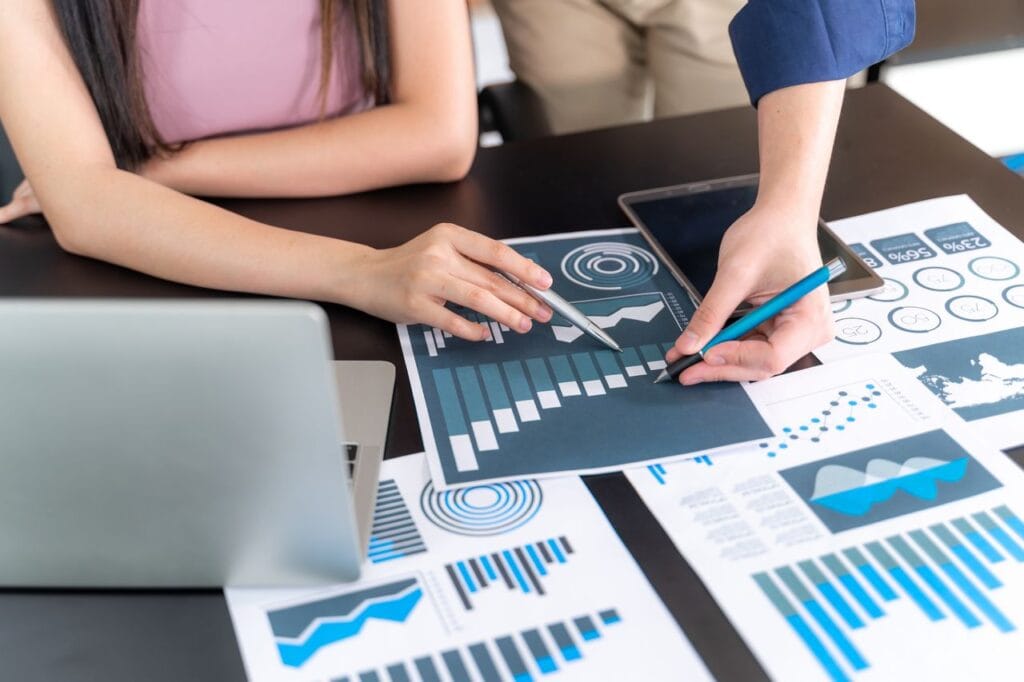
11.Why Pestopack?
As a leading beverage production line supplier, Pestopack designs machines maximize efficiency, minimize downtime, and meet international quality standards. We offer a comprehensive turnkey solution, from factory design and equipment installation to staff training and post-sales support.
Own 20,000 Square Meter Factory
At Pestopack, we operate from our own 20,000-square-meter factory, providing full control over the production process. This ensures the highest level of quality, timely delivery, and cost efficiency, as we’re not reliant on external facilities.
Over 15 Years of Experience in Beverage Equipment Industry
With more than 15 years of experience in beverage equipment industry, Pestopack has established a strong reputation for delivering reliable, high-performance solutions. Our vast experience has helped us accumulate numerous successful customer cases, enabling us to understand and meet the diverse needs of the industry.
Proven Success in the Middle Eastern Market
Pestopack has a strong track record in the Middle Eastern market, having successfully installed and maintained numerous carbonated beverage production lines across the region. Our equipment has earned the trust of many clients, and we’ve built a reputation for understanding the specific needs and challenges of businesses in the Middle East. Our local expertise, combined with high-quality, reliable machines, makes Pestopack an ideal partner for companies in this growing market.
In-House Research and Development Capabilities
Pestopack has its own R&D department, allowing us to stay at the forefront of technology. We continually develop and refine our equipment to ensure we provide the most advanced solutions. Our in-house R&D ensures that we can customize machines to your exact requirements, enhancing both production efficiency and product quality.
Reliable Quality and Service
Quality is at the core of everything we do. Our carbonated beverage production lines are built to meet the highest international standards for reliability and performance. Along with top-tier equipment, Pestopack provides excellent after-sales service, ensuring that your production line operates smoothly and efficiently.
High Cost-Effectiveness
At Pestopack, we offer equipment that combines advanced technology with competitive pricing. Our systems are designed to provide the best value for your investment, delivering long-term cost savings through energy efficiency, minimal downtime, and high throughput.
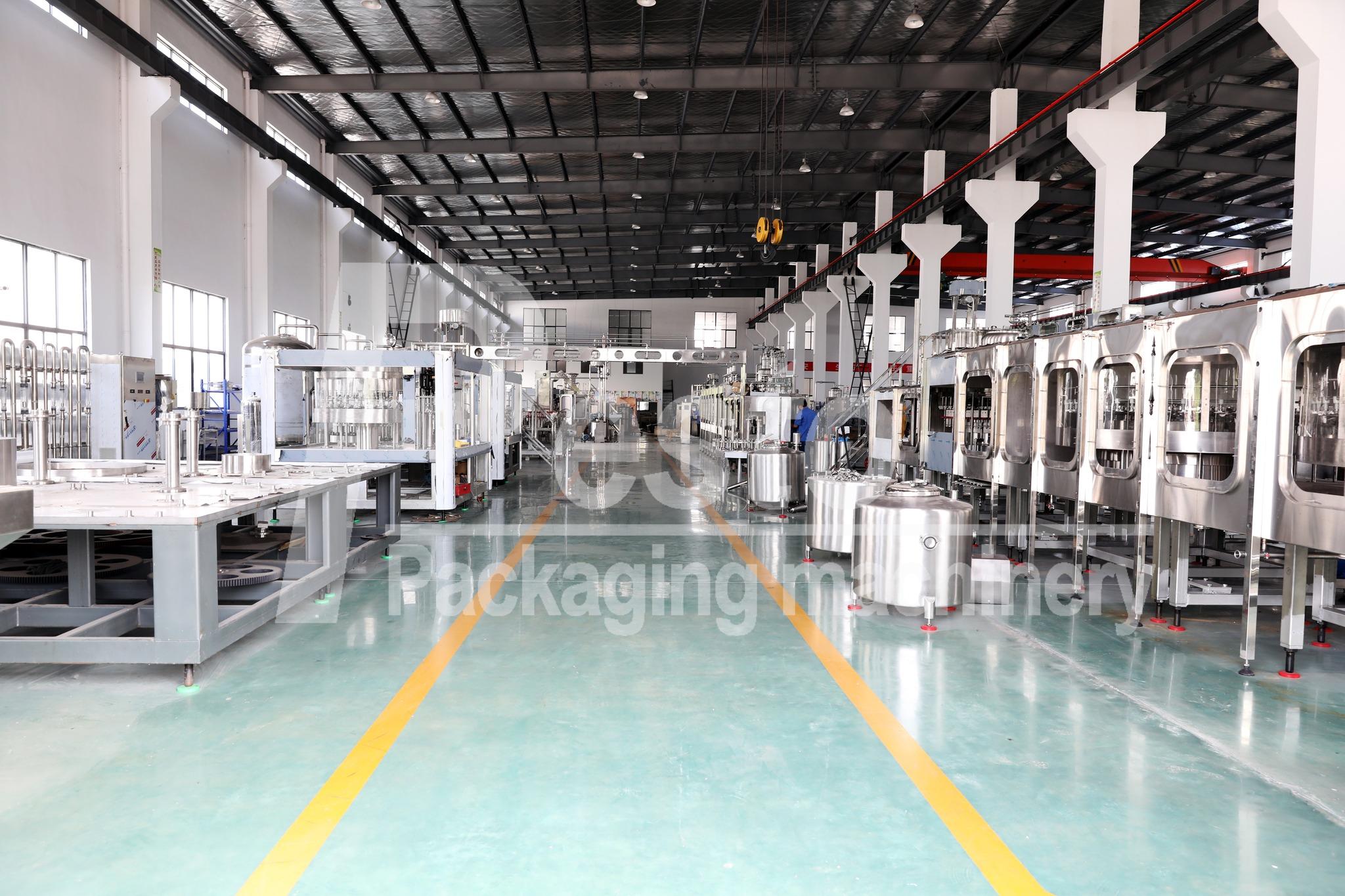
Choose Pestopack as your partner for building a turnkey beverage production line, and benefit from cutting-edge technology, exceptional service, cost-effective solutions, and proven success in the Middle Eastern market. Contact Us Today for a customized solution to meet your carbonated or non-carbonated beverage production needs.
English
العربية
Français
Русский
Español
Português
Tiếng Việt
ไทย
Polski
Türkçe
አማርኛ
ဗမာစာ
தமிழ்
Filipino
Bahasa Indonesia
magyar
Română
қазақ
हिन्दी
فارسی
Kiswahili
українська
Հայերեն
עברית
বাংলা
සිංහල
Oʻzbekcha
Azərbaycan dili
Български
ქართული
guarani
ગુજરાતી
Hausa
Igbo
ಕನ್ನಡ
Kinyarwanda
Kurdî
Кыргызча
Oluganda
മലയാളം
मराठी
Afaan Oromoo
ਪੰਜਾਬੀ
Runasimi
chiShona
Soomaali
Тоҷикӣ
తెలుగు
ትግንያውያን
Türkmençe
Yorùbá
isiZulu



















